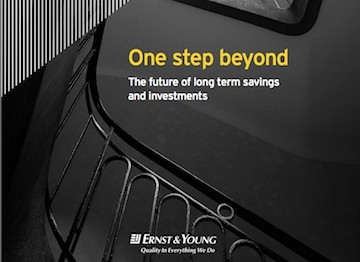In the 'One step beyond' report issued by the firm this month, Mr Kerr writes a piece entitled '2013: A game of two halves?' on the impact on RDR-implementation.
He said: "As we enter the uncharted landscape of the post-RDR world we believe the early terrain will be very challenging and the immediate impact on the long-term savings industry is likely to be negative in terms of new business across almost all product lines. However, as the year progresses so will business volumes in most cases."
He stuck by his initial forecast that the RDR could mean adviser numbers dropping to 20,000 by the end of 2013.
Factors affecting the changes included the advice sales process, firms' financial model, advisers' attitudes and cashflow.
Adviser and client attitudes will play a big part at the start of 2013 if the adviser believes they cannot convince their clients of adviser charging. If clients are unenthusiastic and unwilling to pay, revenues could be significantly lower for the adviser. Substantial reductions in revenue would be challenging for firms, networks and service providers and will mean they need to work closely with the market post-RDR.
Mr Kerr said: "Clearly, providers will need to stay closer to the market than ever before in order to identify and focus business development resources on the firms that will be well positioned for the post-RDR market.
"Perhaps equally important will be to understand and manage the risks inherent in those firms that might choose to, or be required to, exit the market over the next 15 months or so."
He ended by saying: "There is light on the post-RDR horizon. And a number of factors combine to suggest that though 2013 may be difficult it will not necessarily be disastrous."
• Want to receive a free weekly summary of the best news stories from our website? Just go to home page and submit your name and email address. If you are already logged in you will need to log out to see the e-newsletter sign up. You can then log in again.

